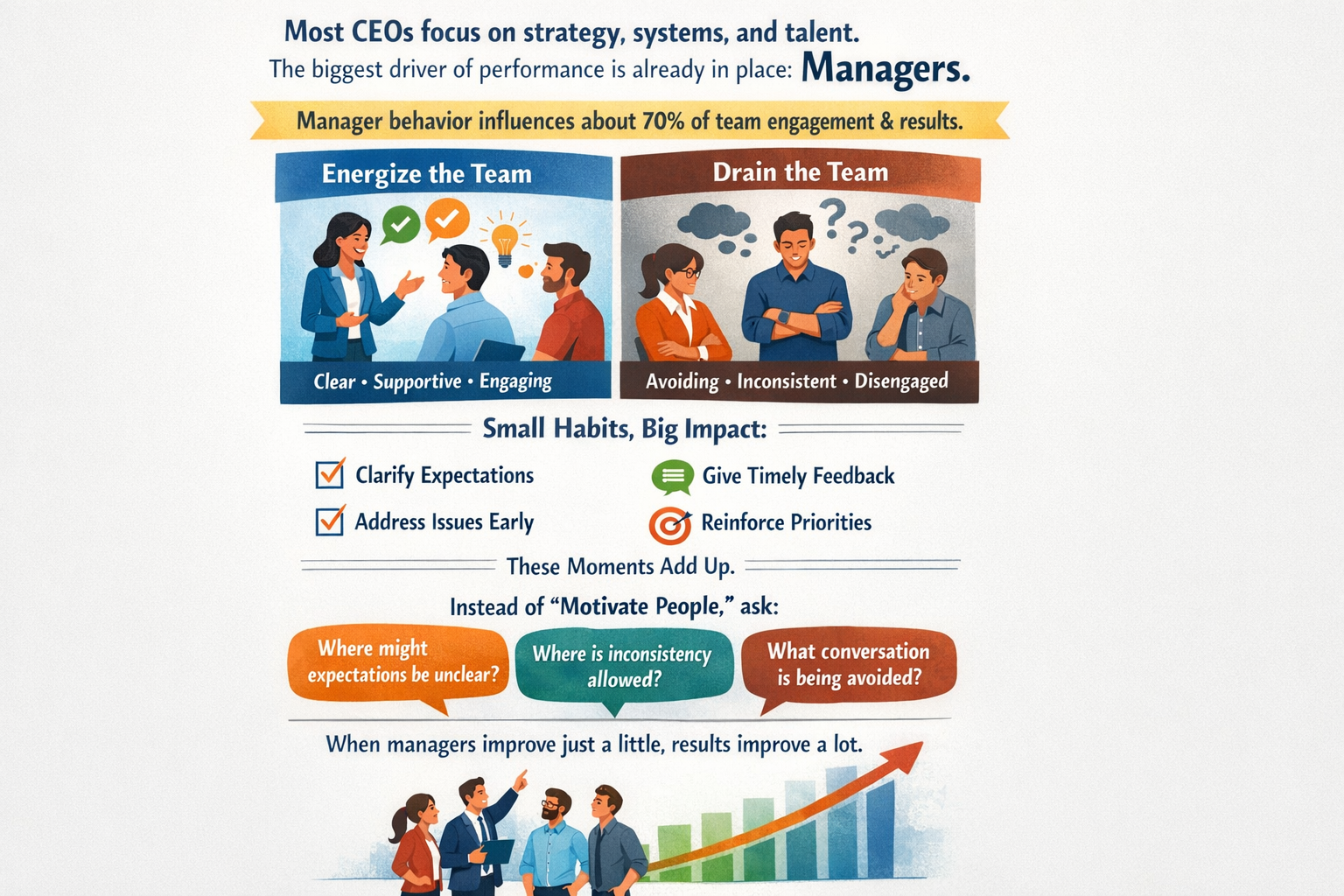Encouraging Others to Amplify Their Voices

Too frequently, leaders make workplace decisions with inadequate information. A group decision may be based on only the leader’s preferences and experience. It may serve the leader’s personality style and ignore the emotional or functional impact of team members. The organization fails to experience the benefits of group collaboration.
Many employees have tried to speak up, only to have their input ignored, so they have stopped offering ideas. They do their work but keep their great ideas to themselves. What can you do to encourage team members to share their insights, experience, and preferences for higher quality decision-making and stronger organizational results?
Let’s consider 5 ways you can encourage others to speak up in workplace meetings.
- Let your team members know you want to hear their ideas. Tell them in group meetings, by email, or during one-on-one conversations that you want their input on workplace matters.
- During meetings, ask your team members to share their thoughts on an agenda item before you share your own. This usually brings out a variety of information rather than everyone simply agreeing with your thinking.
- Call on team members individually. Share the meeting topics a day or two before each meeting and ask them to be ready to share their perspective on each topic. During the meeting call each person by name and ask them to share their thoughts.
- Listen to what each person says. Acknowledge their contribution by paraphrasing it or asking an open-ended question to learn more.
- Show you value their input. Thank them for sharing. Put their best ideas into practice and let them know why the others aren’t being implemented.
As the leader, be intentional about amplifying other people’s voices. They will experience more job satisfaction and buy-in. Your decisions will be more informed. And, the organization will be more successful.


